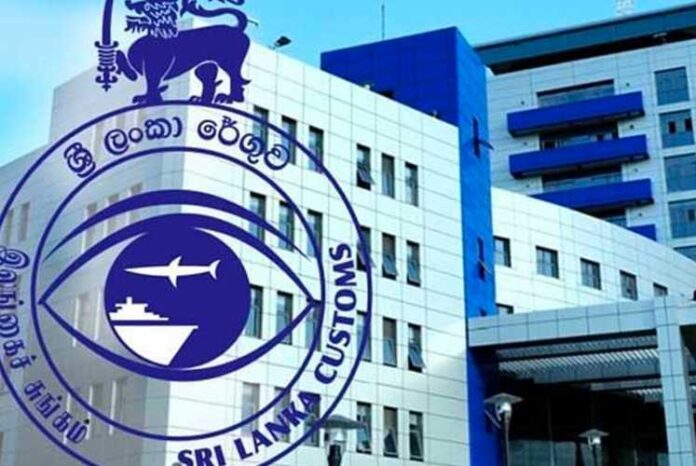Sri Lanka Customs is currently implementing anti-corruption measures including the setting up of an Internal Affairs Unit to probe public complaints and new technology to improve transparency and efficiency.
These reforms are being carried out in accordance with the National Anti-Corruption Action Plan (NACAP) 2025-2029 to foster a corruption-free environment, improve public trust, and facilitate trade and travel, finance ministry sources revealed.
With a views of curbing revenue leakages the government will enact necessary legislation by end-October 2025 to mandate the Customs Department with clear and unfettered responsibility for the clearance, movement, and control of goods to and from the special economic zones (SEZ) a high official of the ministry said.
The Customs compliance will be enhanced by (i) implementing more robust risk assessment so that percentage of shipments assigned to the green channel approaches 80 percent, and (ii) closing the long rooms and eliminating face-to-face document review of customs declarations prior to their formal submission.
According to memorandum of economic and financial Policies submitted to the International Monetary Fund (IMF) the finance ministry will begin quarterly publication (on the Ministry website) by each revenue department on the implementation progress of the anticorruption measures including the digitisation and automation beginning from second quarter of 2025.
The establishment of the Internal Affairs Unit was recommended in an IMF diagnostic report, highlighting the need for dedicated units to investigate staff misconduct in customs administrations.
Customs trade unions are now collaborating with the department’s management to combat corruption, indicating a positive shift in the overall approach to integrity.
Structural reforms of Customs Department included the implementation of stricter legislation and bringing in new technology..
It also targets human resource management, for example, streamlining recruitment processes and constructing infrastructure.
Public dissatisfaction with the current operations of Customs, including inefficiency, fraud, and corruption, has been one of the reasons for these reforms, a top finance ministry official said.
It is aim to increase transparency and accountability within the department, reducing opportunities for corruption and improving public perception.
Digitisation of Customs procedures is a priority method to reduce manual processes that are prone to corruption.Overall, Sri Lanka Customs is actively fighting corruption on the basis of a multi-pronged approach encompassing institutional reforms, technology, and collaboration with stakeholders, including trade unions and the general public.
